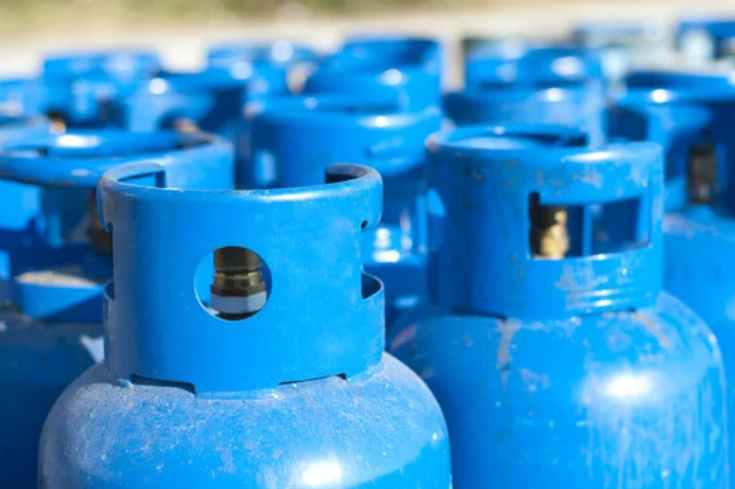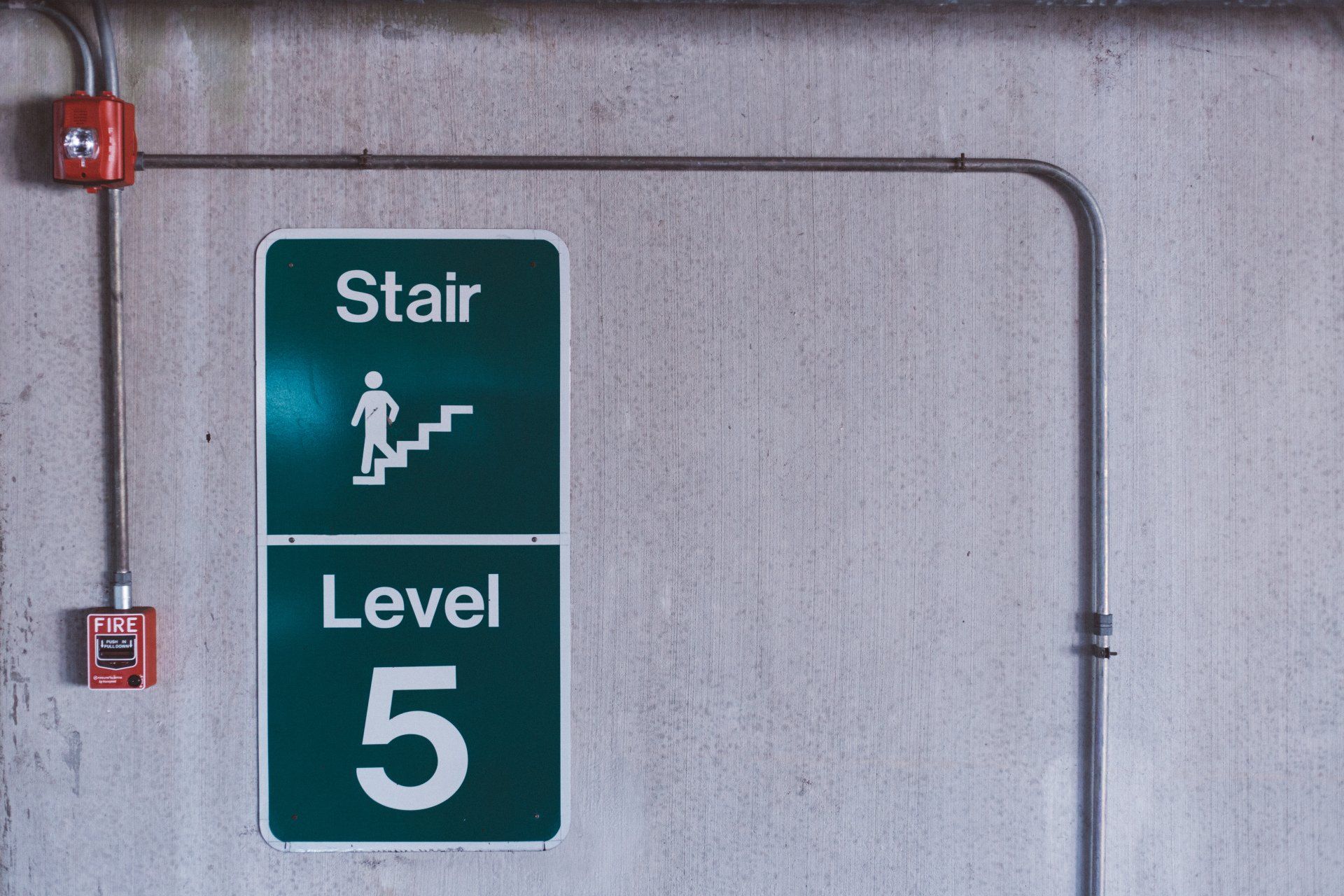Regulatory Update - HSE Updates Guidance on RIDDOR
Regulatory Update - HSE Updates Guidance on RIDDOR
The Reporting of Injuries, Diseases and Dangerous Occurrences Regulations 2013 place legal duties on all employers to report certain types of incidents that occur in the workplace or as a result of work activities.
What are the changes?
The guidance has been revised to make it clearer what incidents should be reported and which should not.
The main changes make it easier to identify whether an incident is reportable, with links provided to help you decide if you need to report. This is particularly relevant to schools where an incident may appear to meet the criteria of a reportable incident, but may not be work-related.
The guidance deals with this question specifically and gives the following clarification:
“Students and pupils are not at work and so are regarded as members of the public for this part of the form. The exception is when they are participating in a recognised training scheme or work experience. Under health and safety law, students and pupils (including children) are regarded as employees in such circumstances. The employer should report the injury as if they were one of their employees.”
In practical terms, an incident involving a pupil would be reportable if the pupil is injured due to a related work activity, such as tripping over an electric cable within a school, left in place by a member of the school workforce. They could suffer them same injury due to a sporting activity that would NOT be reportable.
Although this guidance is available via the link at the end of the article, many of the questions raised in the education sector have been specifically answers in the following questions and answers (with some helpful annotations in bold!):
Q. Are accidents to pupils sustained in PE lessons reportable under RIDDOR?
A. No, most are not.
Such accidents only require reporting if:
- the pupil is killed or taken to hospital for treatment to an injury (i.e., not as a precautionary measure) and (note the ‘AND’ – it must fulfil the criteria of both points)
- the accident was work-related in that it arose out of or in connection with the work of the school or college, rather than as a consequence of the normal risks associated with participation in physical activities. For example, if the accident was caused by faulty equipment or inadequate supervision
Q. Are sporting injuries reportable?
A. No, most are not, since they arise out of the normal participation in a sporting activity (e.g. a heavy tackle in football). Only report injuries if they arise out of or in connection with a work activity, such as those due to defective equipment or failings in the organisation and management of an event.
Q. What if the pupil is taken to hospital as a precaution, but the examination shows no injury?
A. No. RIDDOR only requires you to report injuries. If the medical advice is that the pupil was not injured in any way, there is no need to report this.
Q. Do I need to know what treatment the hospital gave before I report an injury to a pupil?
A. There is no requirement to check that the hospital actually gave treatment. The requirement to report is based on the pupil being taken to hospital for treatment to an injury. If an injury is identified at the scene as requiring hospital treatment, this should be reported. If no injury is evident, and the school receives no information that any injury has been treated, no report is required.
The key thing to consider when deciding whether to report an incident to a pupil or other person who is not at work is whether the accident arose out of or was connected with the work activity.
Q. Some of our pupils have been hurt in a road traffic accident on the way to school in the school bus. Should I report their injuries?
A. No. You do not usually have to report deaths and injuries that result from vehicle movement on a road (road-traffic accidents/accidents caused by vehicles on a road).
Q. A pupil has been injured while on a school trip abroad. Should I report this to HSE?
A. No, HSE does not have jurisdiction when the pupil is outside the country, so RIDDOR does not apply. You may have to make a report to another appropriate authority though (e.g. the school may need to report the incident to other bodies, such as the local safeguarding committee).
The updated guidance can be found here.
Should you need any further guidance on this or any other health and safety matter, please do not hesitate to contact us.
For help or advice on this, or any other health and safety matter, please click here to contact us.












